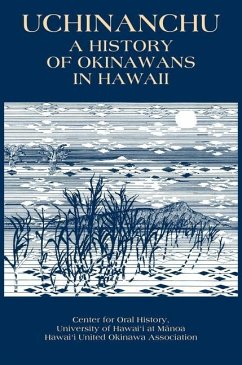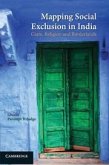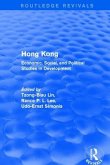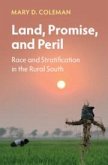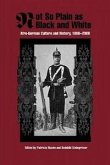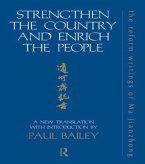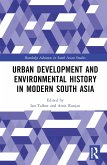Uchinanchu is the term used by Okinawan immigrants and their descendants in Hawai'i to identify themselves as an ethnic group distinct from the Yamatunchu or Naichi of Japan's four main islands. Though Japanese, linguistic and cultural differences as well as their late arrival in the islands made the Uchinanchu targets of Naichi prejudice in the past. Pressure from without and determination from within the group caused Hawai'i's Uchinanchu to pull together with pride in the face of adversity. Some 25,000 men, women, and children left their impoverished Okinawan homeland between 1900 and 1924, hoping for a better life in Hawai'i. Their early experiences were marked by hard, lean years on sugar and pineapple plantations. In this book, eighty- and ninety-year-old issei, first generation immigrants, describe through interviews what it was like to pull up roots in their homeland and make new lives in the islands. The story of the gradual development and progress of the Okinawan community is unfolded through articles on labor, religion, culture, business, agriculture, government, son (village) clubs, and community-wide organizations. Uchinanchu supports and promotes pride in the culture, history, and contributions of Okinawans in Hawai'i. It also adds another chapter to our understanding of Hawai'i's rich, diverse, multi-ethnic heritage.
Hinweis: Dieser Artikel kann nur an eine deutsche Lieferadresse ausgeliefert werden.
Hinweis: Dieser Artikel kann nur an eine deutsche Lieferadresse ausgeliefert werden.

